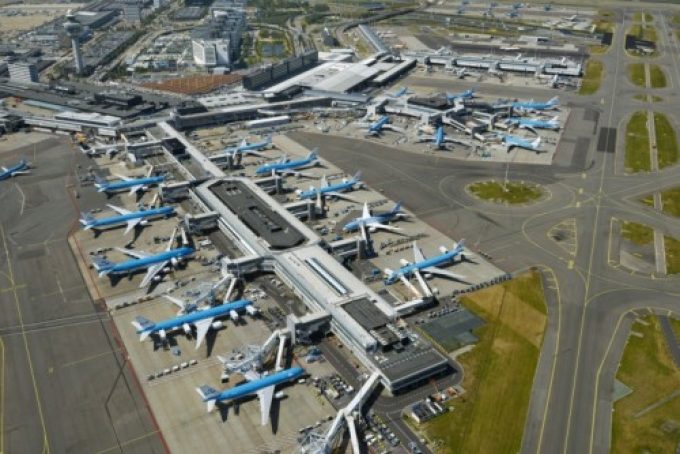Joost van Doesburg to step down as cargo head at Schiphol
Head of cargo at Royal Schiphol Group Joost van Doesburg will step down on 1 ...

Amid much market scepticism, Schiphol has defended its decision to merge its much-admired cargo division into its aviation marketing department (AVM).
However, one senior airport executive told The Loadstar he could not understand why Schiphol would put a negative message out into the market at a time when its relationship with the cargo business – following restrictions on capacity – was already under duress.
“It sends out a bad signal to the air cargo industry,” he said.
“With more capacity coming in 2020, surely it would ...
Volcanic disruption at Anchorage could hit transpacific airfreight operations
Macron calls for ‘suspension’ – CMA CGM's $20bn US investment in doubt
De minimis exemption on shipments from China to the US will end in May
Forwarders stay cool as US 'liberation day' tariffs threaten 'global trade war'
Shippers snap up airfreight capacity to US ahead of tariff deadline
Looming Trump tariffs will create 'a bureaucratic monster' for Customs
Mixed response in US to 'Liberation Day', while China leads wave of retaliation

Comment on this article